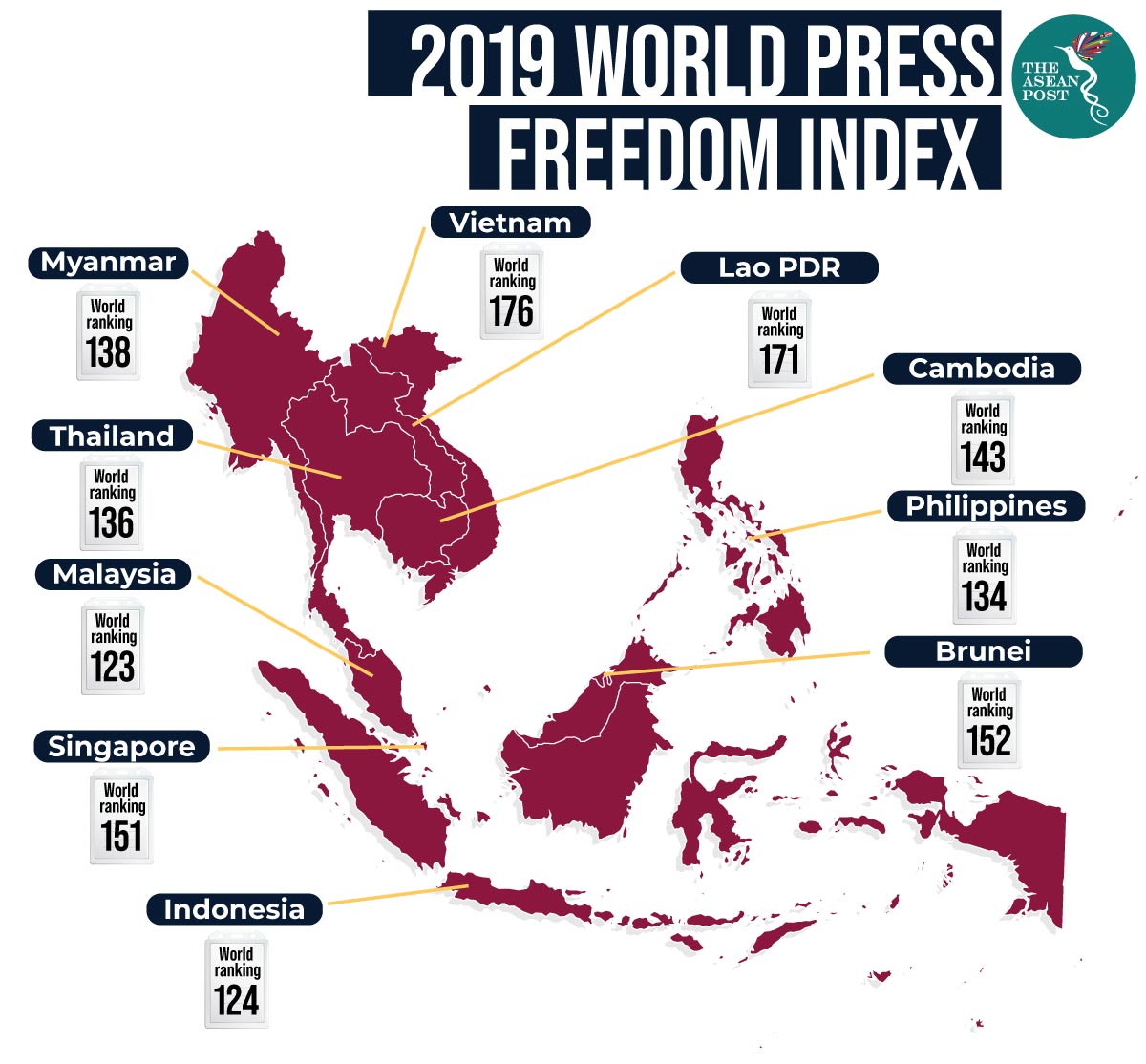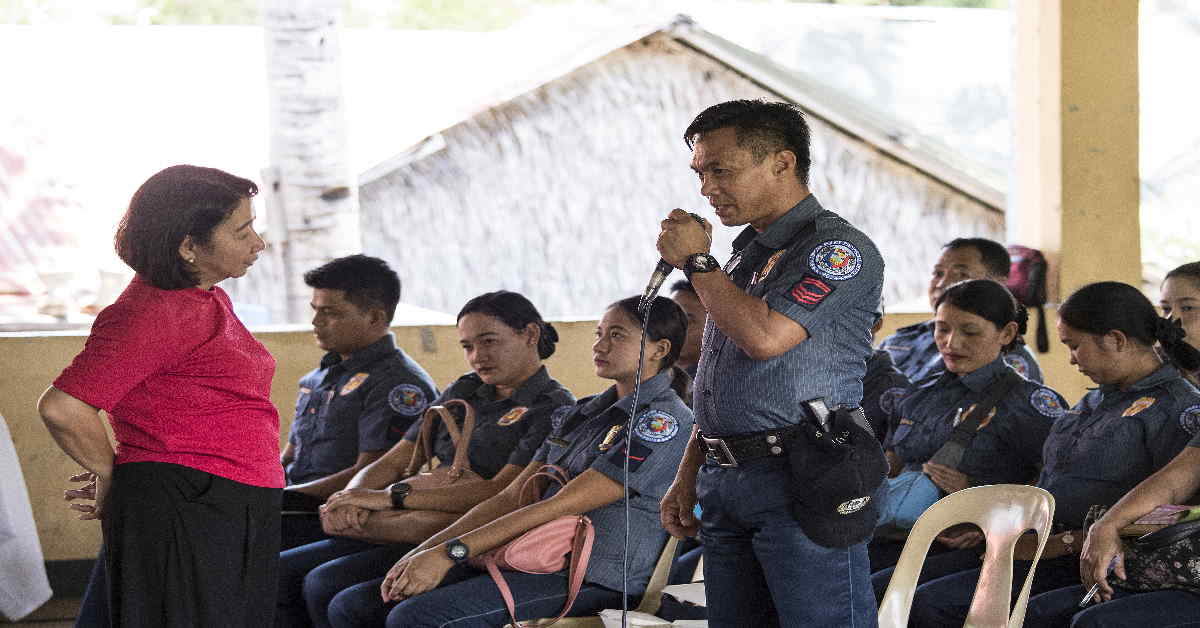Recently, on 28 November, Swedish veteran journalist and author Bertil Lintner warned a forum in Kolkata (formerly Calcutta), India, that the rampant misinformation being spread on social media platforms like Facebook and Twitter was having a negative effect on journalism in Myanmar, India and the region.
Linter was speaking about the media at the two-day Kolkata Colloquium 2019 organised by Observer Research Foundation (ORF) under the title “Reimagining BIMSTEC”.
The veteran journalist spoke on issues regarding objectivity, balance and the challenge of “Fake News” in his presentation and follow-up question time. His main focus, however, was on Myanmar.
He pointed at the earlier challenge of so-called “citizen journalism”, saying that it had made way for the serious threat posed by misinformation spread quickly through social media.
“I was actually in Kolkata a few years ago at a conference about the media and made myself extremely unpopular at that conference because I criticised something that was very much al a mode at that time: citizen journalists, citizen journalism,” he was quoted by local Myanmar media as saying.
“Everyone has the right to be a journalist and could be a journalist. But what I argued was being a journalist is a profession. It’s a job. It’s a trade like any other profession. Like being an electrician, a carpenter or an architect. It is nothing that anyone just can do. It needs training. It needs experience. I said that I wouldn’t want to be in an aeroplane flown by a citizen pilot nor would I like to have my teeth fixed by a citizen dentist. This is how serious it is,” Lintner had said.
He stressed that while people had the right to write and say what they want; it should not be mixed up with journalism.
“This was a couple of years ago. Today I actually believe that the tide has changed. There is much more criticism coming up about and against the main platform for so-called citizen journalism, social media, especially Facebook. And it is a threat here to the independent media from social media,” he said.

If not social media, then where?
During the colloquium, one speaker had pointed out that there had been concerns expressed about media freedom in the region and in India, with the latter ranking poorly in the media freedom index. In fact, India had ranked 140 out of 180 countries in the Reporters Without Borders’ 2019 World Press Freedom Index. Myanmar ranked just two spots better at 138.
While fake news is certainly a matter of serious concern, and this is especially true nowadays where information – or misinformation – can be spread with the click of a button, the question of an oppressed media in the Southeast Asian region complicates matters further.
While on the topic of Myanmar, it is noteworthy to mention the case involving two Reuters journalists, Wa Lone and Kyaw Soe Oo.
The case has already become infamous, both in the region and across most of the world. The journalists were arrested in December 2017 for allegedly accepting secret documents from the police in connection to a story they were working on. Had they been convicted under the Official Secrets Act – a colonial law implemented during the British occupation of Myanmar – the two journalists could have faced up to 14 years in jail.
While the case shows a clampdown on transparent journalism, it is also worth mentioning that even clampdowns on the internet can happen from time to time.
On 21 June, the government of Myanmar ordered mobile phone operators in the country to shut down all internet data across at least eight townships in Rakhine and one in neighbouring Chin state. United Nations (UN) Special Rapporteur to Myanmar, Yanghee Lee expressed serious concerns regarding the blackout, saying that it could be cover for "gross human rights violations" in an area where a brutal army crackdown had already forced hundreds of thousands of Rohingya to flee.
Fake news is a dangerous thing. In India, the spread of fake news has led to numerous lynching incidents. Nevertheless, in a region where true journalism is either largely controlled or completely shut down, social media provides an avenue for people to tell their family and friends about “what is happening” and often times, that’s all many here have to go on.
Related articles:
